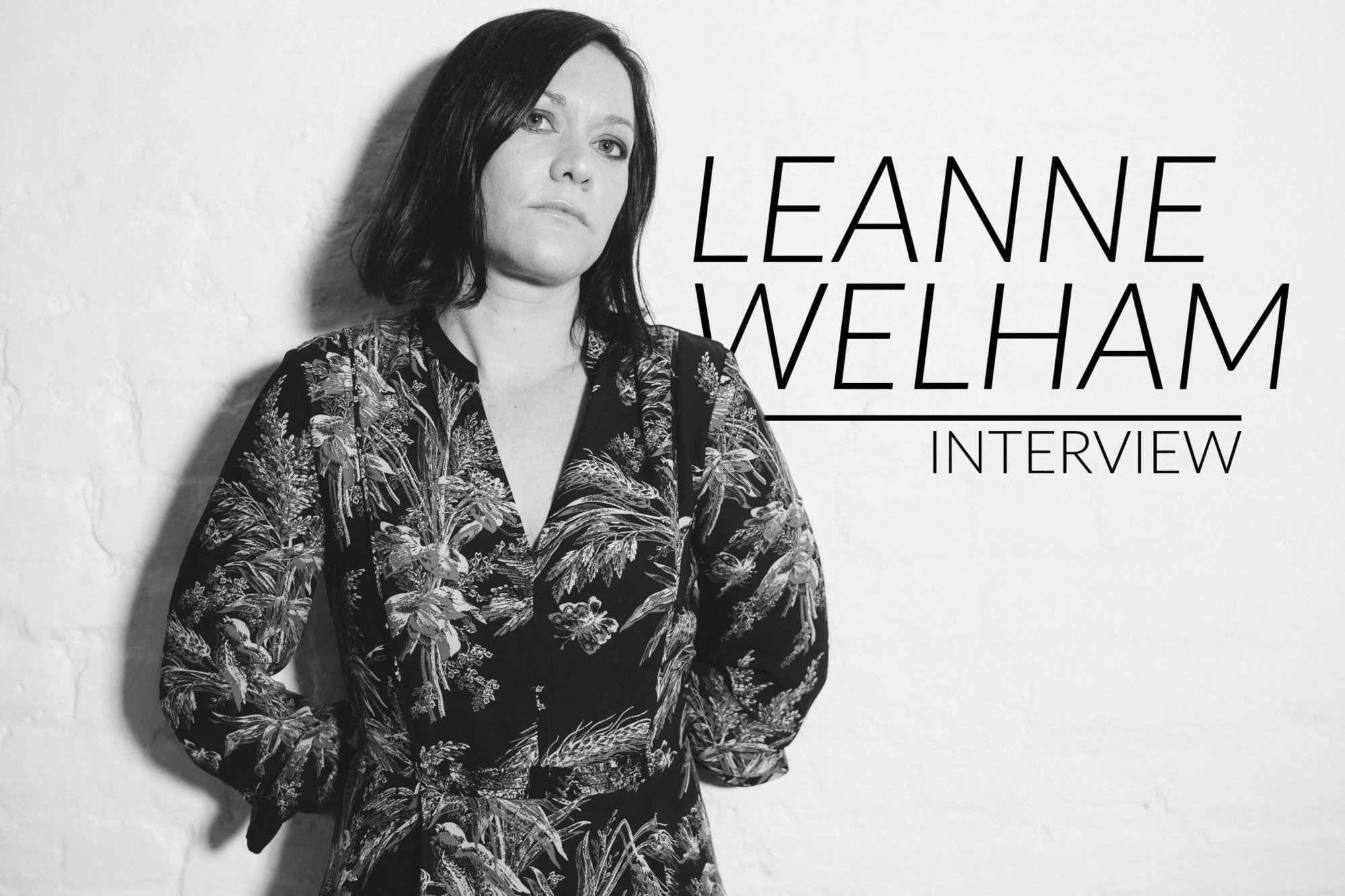“Pili” wasn’t supposed to be a film, a documentary maybe, but director Leanne Welham took a chance, a risk as she said, and decided to make a film with non-actors (except for the protagonist played by Bello Rashid) about a woman, Pili, a single mum living with HIV and who is trying to make a better life for herself and for her children.
Leanne’s risk certainly paid off, the movie is a heartfelt and thoughtful story that, according to the director, is for others, no matter where they live, to relate to.
We met Leanne in London where she told us how this BIFA nominated film came to be and about her next upcoming projects: the documentary “Keep On Running” and the thriller “The Warning,” a film she’s been wanting to make for the last 10 years and that it’s finally coming to life.
How did you feel about the BIFA Nomination and how did “Pili” become your first feature film?
_____
I was absolutely thrilled with the nomination, and I was in very good company in my category, there were some strong, really talented people, so I was very excited and pleased. And “Pili” is quite unusual in the way it came about. I was approached by Sophie Harman, a professor of Global Health who works at the Queen Mary University of London, and she had won a research grant based on her AXA Insurance, it’s like an Outlook Inspiration Award for research, and she wanted to make a documentary. She knew me through a friend, she’d been in Sierra Leone doing some work on Ebola, and I’d been in Sierra Leone making a documentary about Champion marathon runners, and she approached me to make a documentary.
And I thought it would be much more interesting to try and make it a drama instead. So, using the stories of the women who live in the communities where we filmed, we condensed it down to a screenplay and cast the film in the communities and we had the women star in the film themselves.
We interviewed 85 women.
“We […] cast the film in the communities and we had the women star in the film themselves. ”
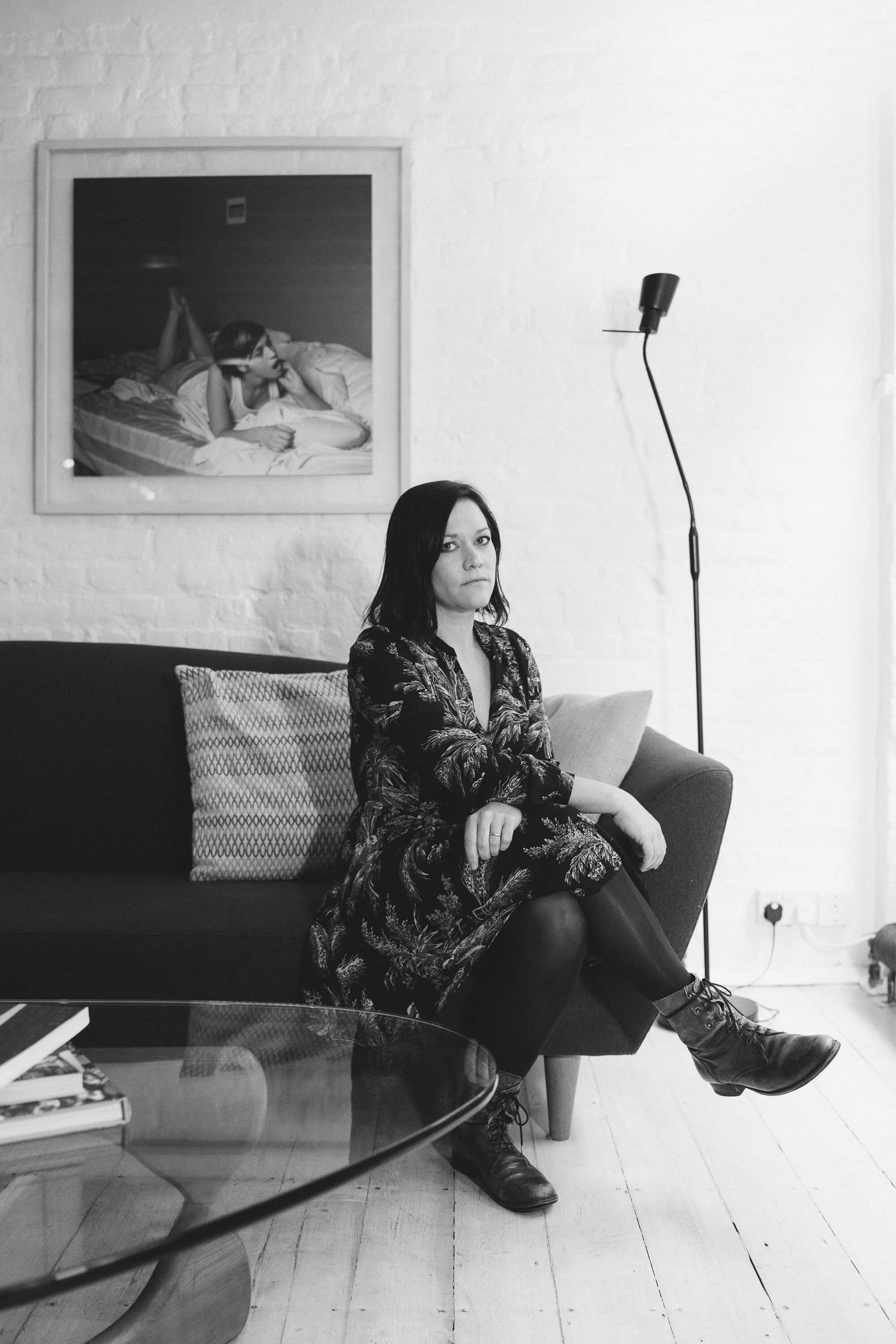
What was the challenge of working with non-actors for this movie?
_____
There were lots of challenges because only one member of the cast had ever acted before, the rest hadn’t, and obviously, it was all in Swahili. So, yes, it was quite tricky. Also, the majority of the women in the community don’t read, they didn’t manage to stay in school long enough to be literate, so it was a mixture of improvisation and also scripted work.
For example, Bello Rashid, the lead: she plays Pili, and she can read. She really liked to read through her lines and learn them. But some of the other women didn’t want to read it, that kind of freaked them out a bit, so every scene was a mixture, really, a different combination of those two things.
It’s something different than doing a regular drama, and it’s probably more interesting as well.
_____
Yes, absolutely, it’s a very unusual way to make a drama. It was quite a big risk as well, we didn’t know when we started out making the film, how it was going to turn out, but it turned out fantastically, in the end.
How did you overcome the challenges, how did you approach them?
_____
We had three translators working with us on the film, but they all got hospitalized at some point, during the filming, for one thing, or another. There’s quite a lot of illnesses that you can find in these areas. It was difficult, but what was important was that we had consulted with the women as I was writing the screenplay. They were quite closely involved in the development of the story, so they really understood. What I mean is that it was their story, and they were so integral on what the story was that they were very invested in telling it.
They wanted to tell their own stories, even if it was really, really hard. Some days they didn’t want to do it, they couldn’t be bothered, but we managed to do that, and I think there was a real enthusiasm on both sides, filmmakers and cast, to tell the story.
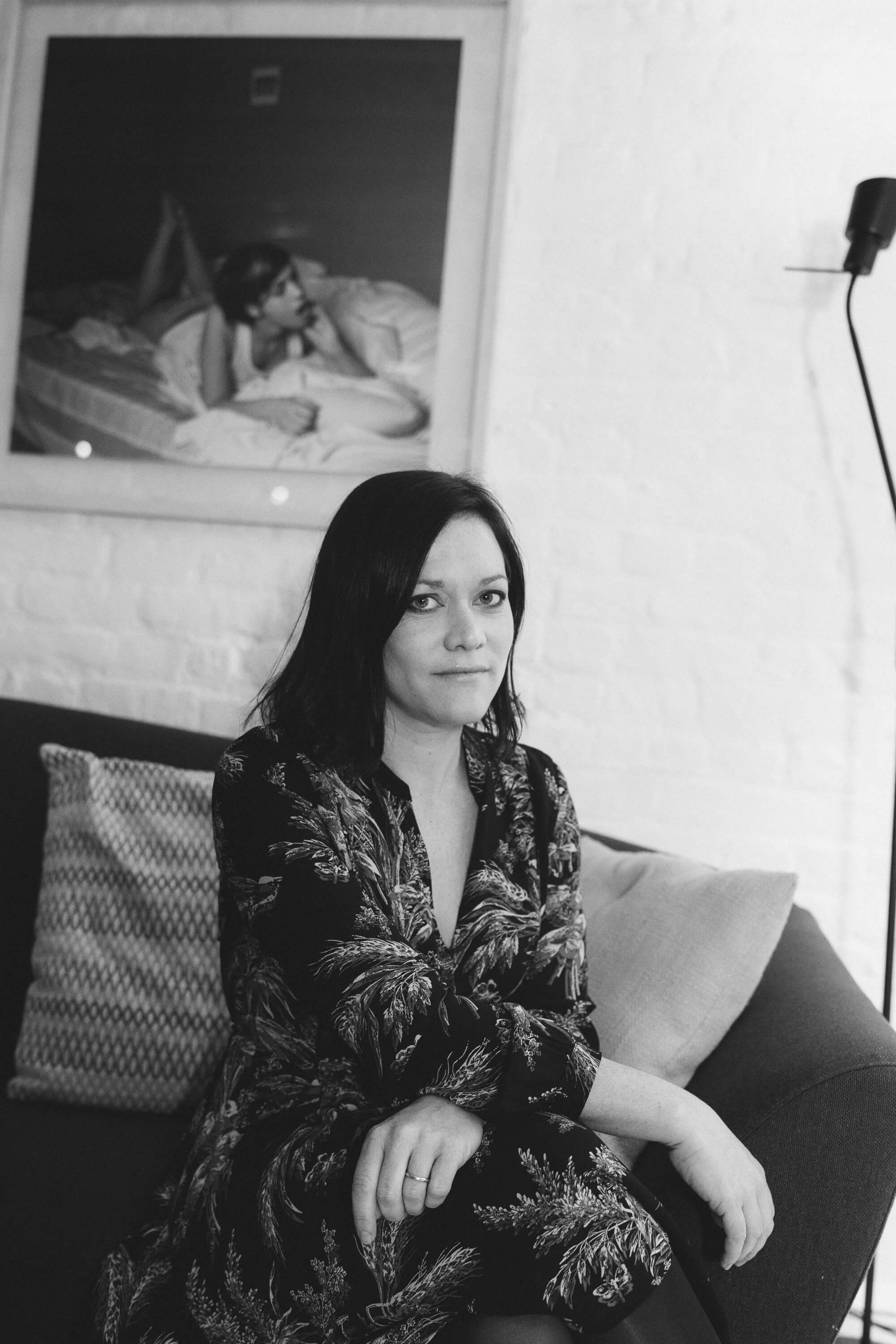
“…what was important was that we had consulted with the women as I was writing the screenplay.”
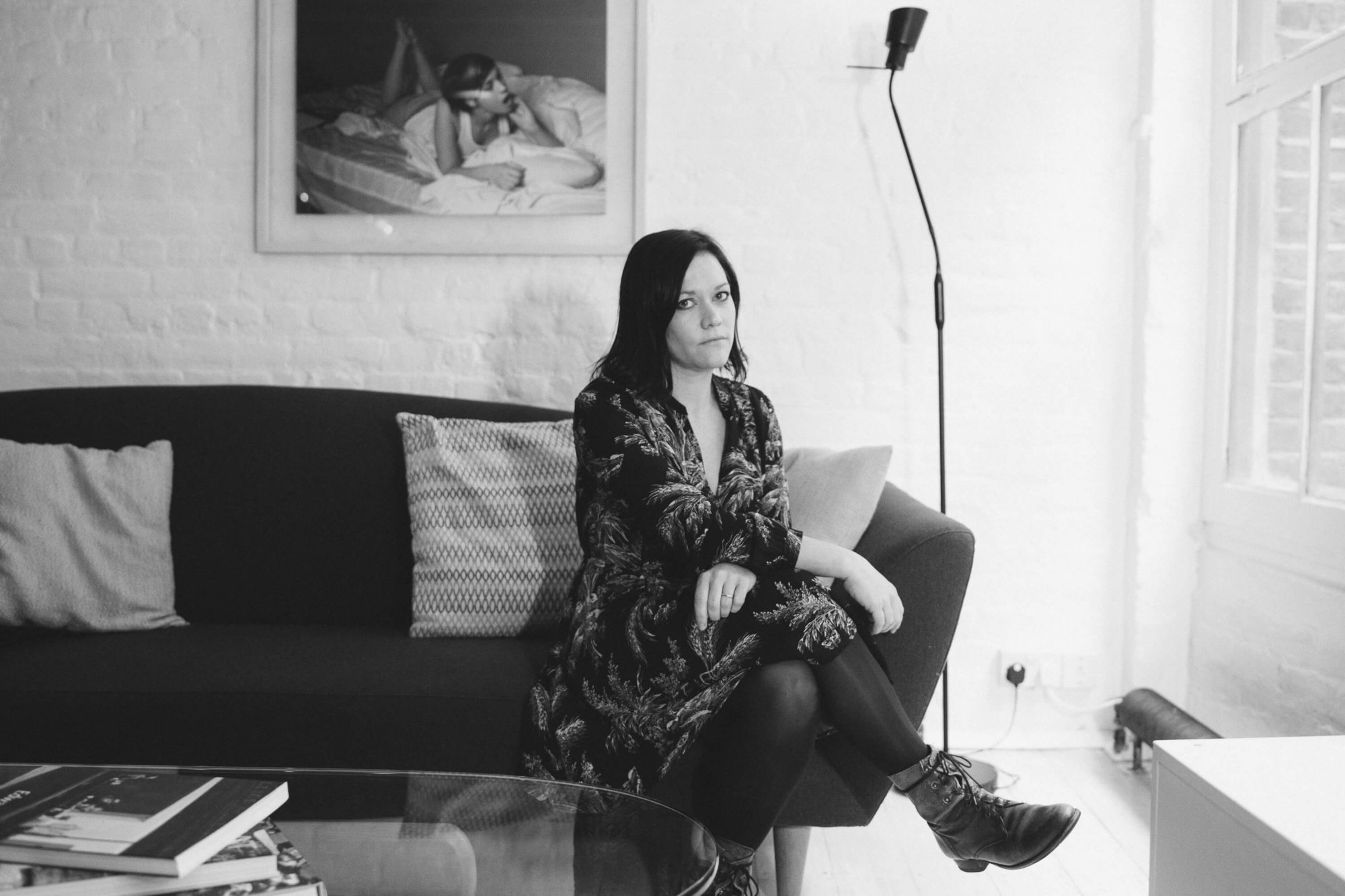
The character Pili is a woman who struggles with her children, with her illness, and the movie is filled with important messages. What’s the message you want to scream to the world through the screen?
_____
Being honest, I didn’t start out making this film with a very clear message. I wasn’t interested in making an issue-led film, even though the lead character is dealing with a lot of issues: she’s living with HIV, she’s a single mum, she’s living in poverty. I didn’t want to make an issue-led film; I wanted to make a film about a woman who is trying to make a better life for herself and for her children. So, it’s a story that anyone can watch and understand and understand who she is: I was quite keen not to make a film about a hero-victim.
I think quite often you can see, in films, that people who are living in difficult circumstances are sometimes portrayed as this kind of 100% great people who never do anything wrong and they’re kind of perfect, except they’re just unlucky. And I don’t think that’s very realistic. So, for me, there are a lot of important issues within the film, but I’m not trying to say more articulate messages. I think Sophie, the producer, and I were hoping that everybody who watches the film in a Rural area of Tanzania or any other Sub-Saharan African Country and who is dealing with the same issues that Pili is dealing with in the story, would know that they are not alone.
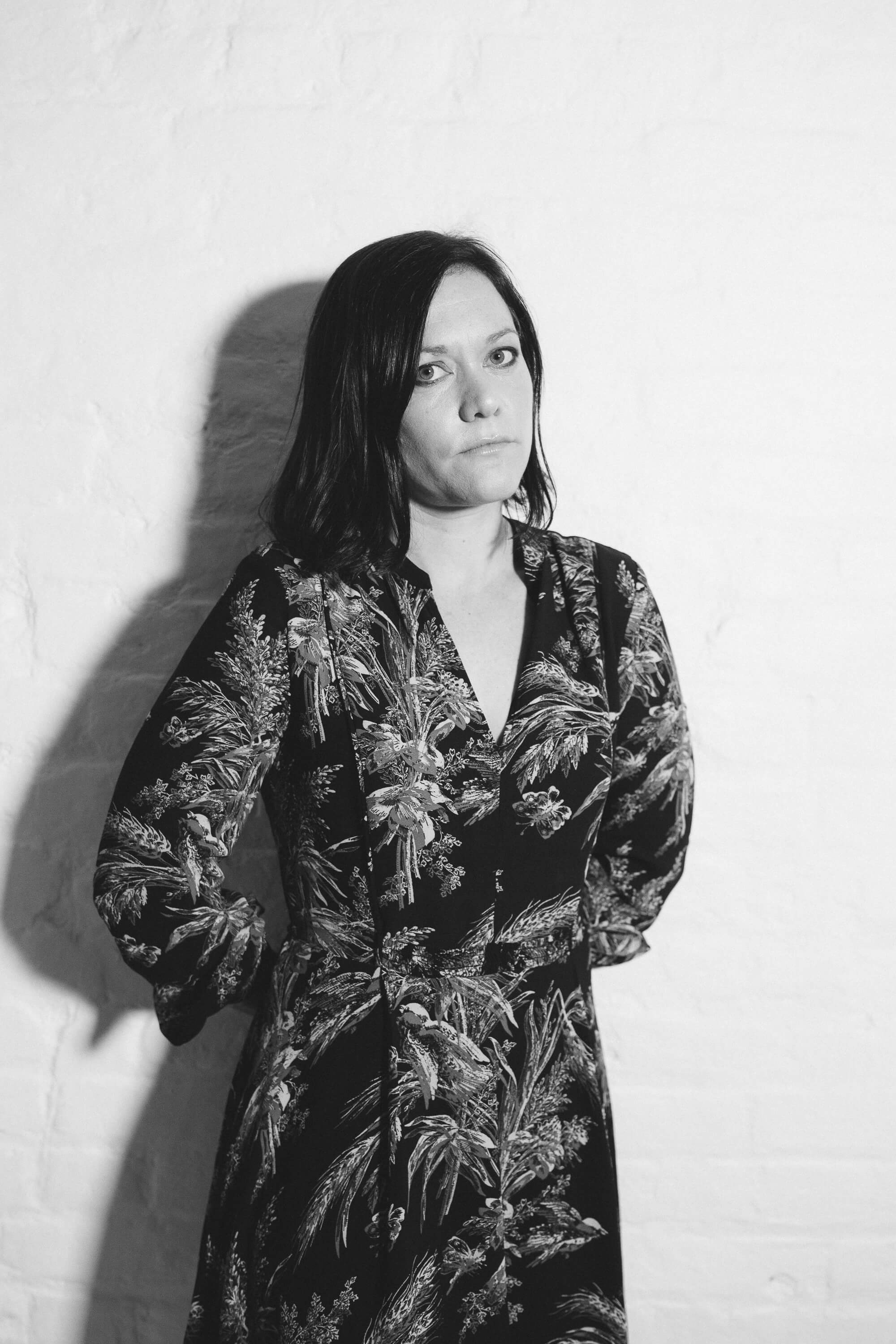
“I didn’t want to make an issue-led film; I wanted to make a film about a woman who is trying to make a better life for herself and for her children.”
What was the most beautiful thing while filming “Pili”?
_____
We saw some pretty spectacular sunsets while we were in this very rural location, which was quite isolated and the scenery around is stunning. Emotionally, I think it was really beautiful when the women were shooting a scene together when Bello gives this monologue about how she needs a loan in order to get the market store. It was a very emotional scene and when I said “cut” many of the women just got very upset and started crying, because the lines Bello was saying were their lives. It was beautiful, but it was certainly quite powerful, too.
What do you want people to take home from this story of real life?
_____
I think I hoped that it would somehow lessen the distance that we seem to have between us, people living here in the Western world, and people living in developing countries. I think we feel like there’s this huge gulf between us and really there isn’t, we’re all living lives, and we have the same ambitions and hopes and dreams. We have, obviously, different difficulties, but one of the things I wanted to do with “Pili” was, as I said, to tell the story of women who are just like you and me, and that we can relate to, so that we don’t always see stories like “Pili” being so unrelated from us.
“It was a very emotional scene and when I said ‘cut’ many of the women just got very upset and started crying, because the lines Bello was saying were their lives.”
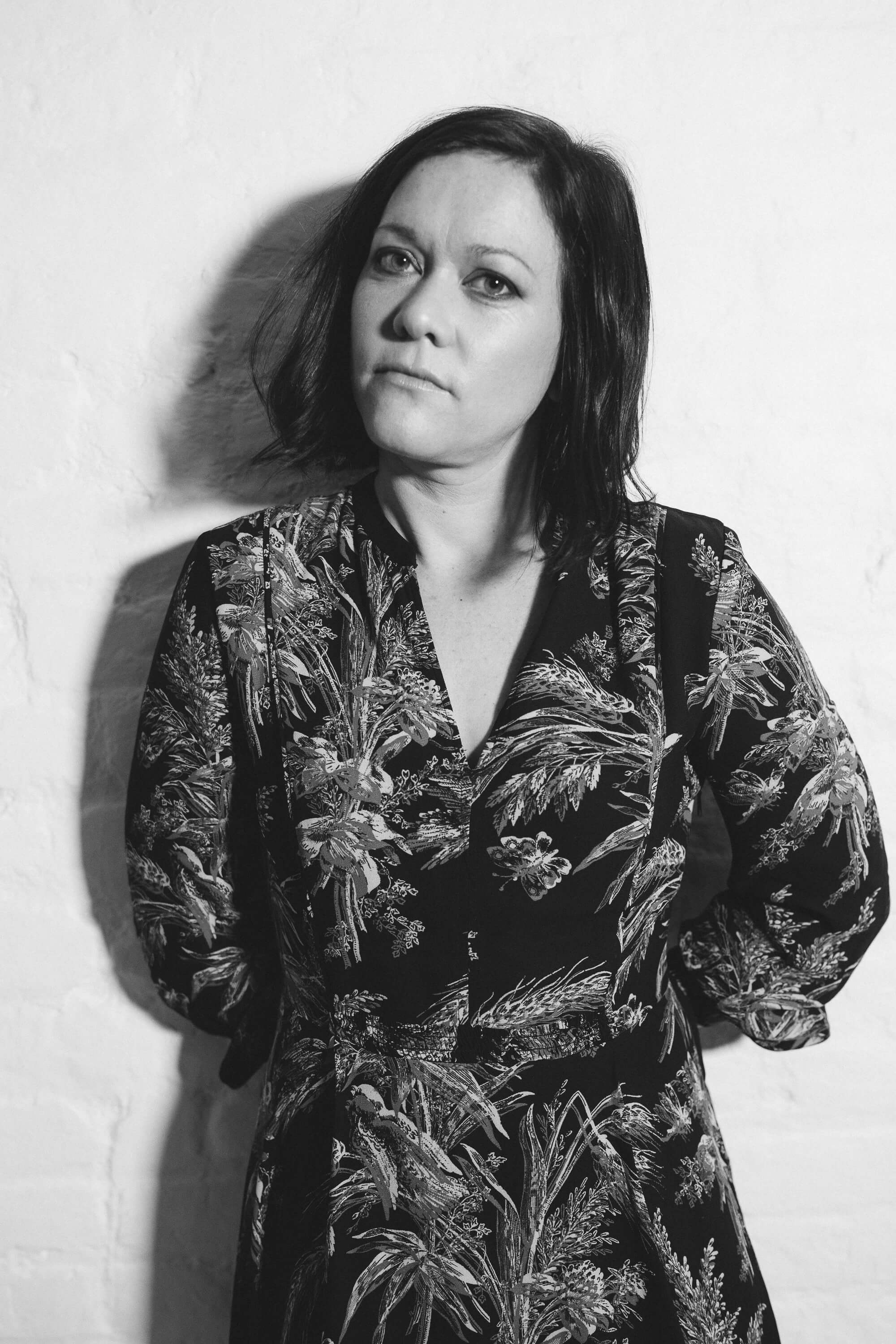
What can you tell us about your upcoming project, “Keep on Running”?
_____
“Keep on Running” is a feature-length documentary about Sierra Leone’s Champion marathon runners.
I started shooting it about five years ago. It started out as a quite simple underdog sort of story because the government doesn’t give any money to athletes in Sierra Leone, all the money goes to football. So, I was quite amazed when I went there and found this whole generation of young athletes who were training and training and had incredible talent, but were unable to compete in international competitions.
It was even hard for them to attend their own Country’s marathon because they couldn’t afford the bus fare down to run the race. So, a friend of mine called Jo Dunlop started to support these athletes and sort of accidentally became their manager. I started following them, and the aim was to make them walk on stage, and it became this quite epic story involving defection, Ebola and corruption.
It will premiere this year: we’re just finishing it right now.
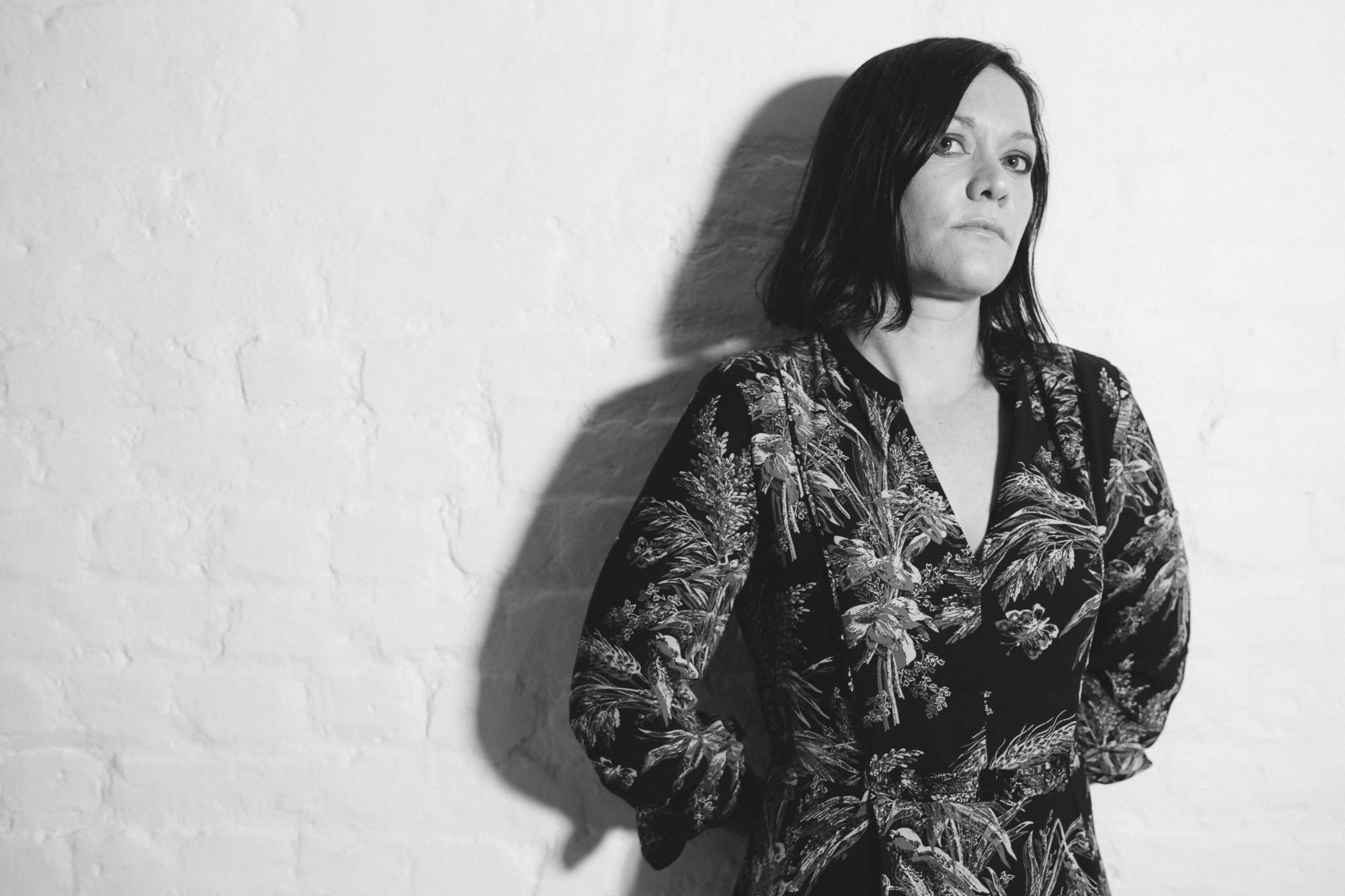
“…it became this quite epic story involving defection, Ebola, and corruption.”
What’s a story you would like to bring to the big screen?
_____
My next film is called “The Warning,” and it’s a thriller set during the blitz in World War II, about a woman who loses her niece in the blackout and has to find her as the raid is approaching but, in the meantime, she accidentally stumbles across this criminal underworld operating in the shadows.
It’s a film I’ve been wanting to make for about ten years, and I’m very thrilled that it’s coming together.
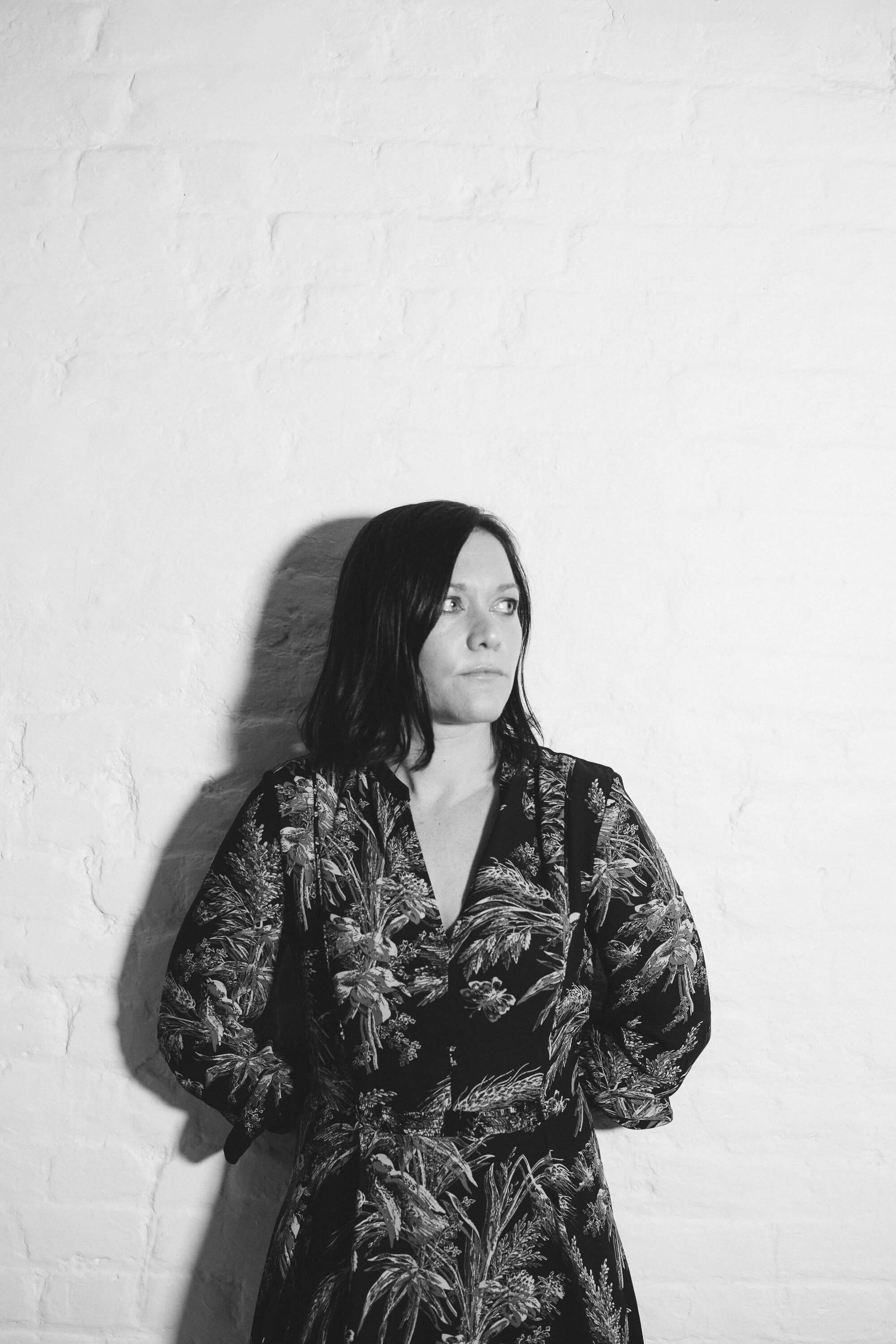
As a storyteller, what’s your favorite character of all times?
_____
Harry Lime
played by Orson Welles, the villain in “The Third Man.” He’s a pretty unforgettable character.
What’s your favorite time of the day to shoot a scene?
_____
The golden light time is a nice time to shoot because you get this quite natural light, but also, I like to shoot night scenes and to think about how to use lighting to create atmospheres in the darkness.
What have you already crossed from your bucket list?
_____
I guess making my first feature!
I’ve done a lot of traveling through my work, which is fantastic: I think I’ve seen a lot of Countries I wouldn’t necessarily have gone to if I hadn’t been a filmmaker.
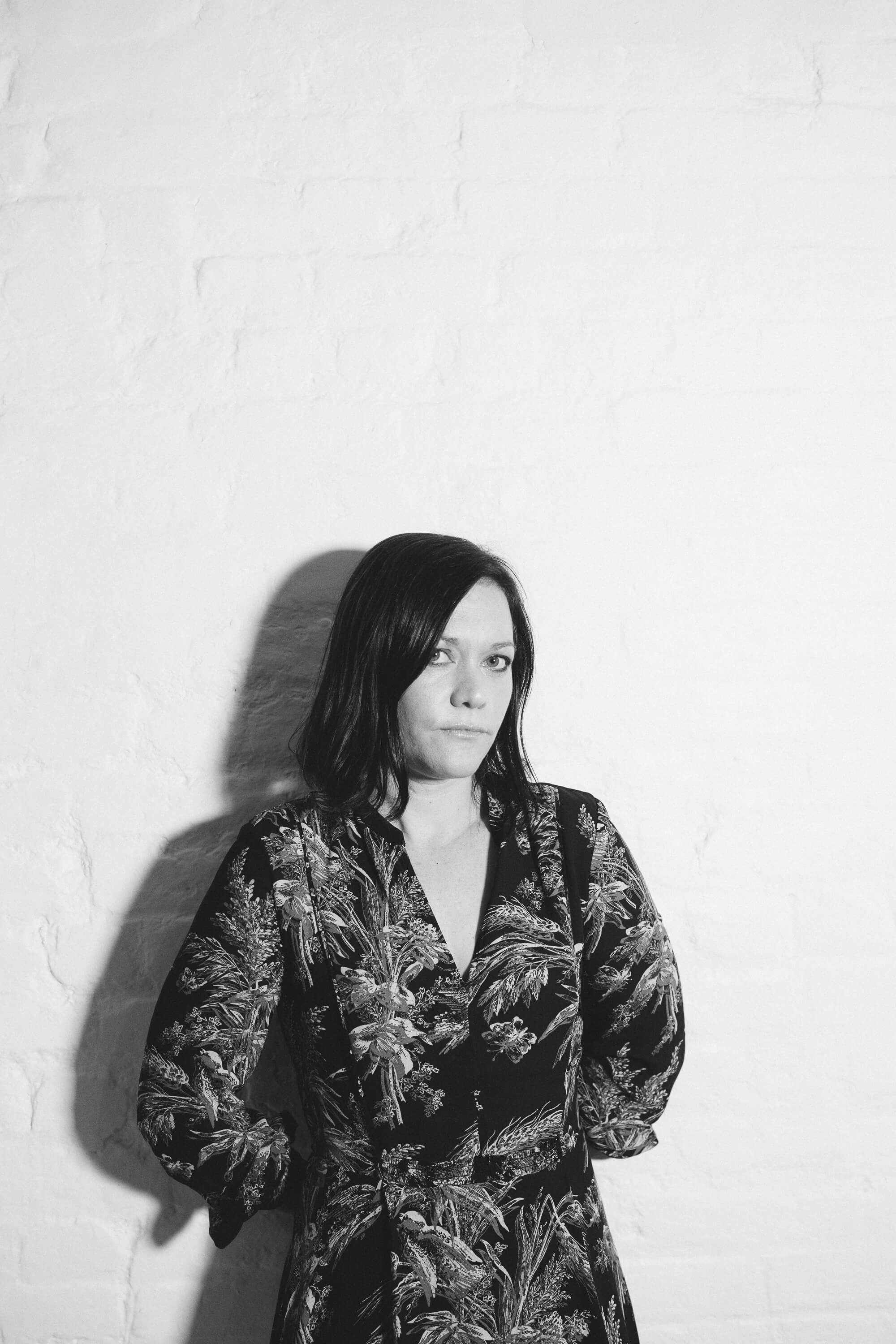
Photos by Johnny Carrano.
Makeup & Hair by Chantal Ciaffardini.

